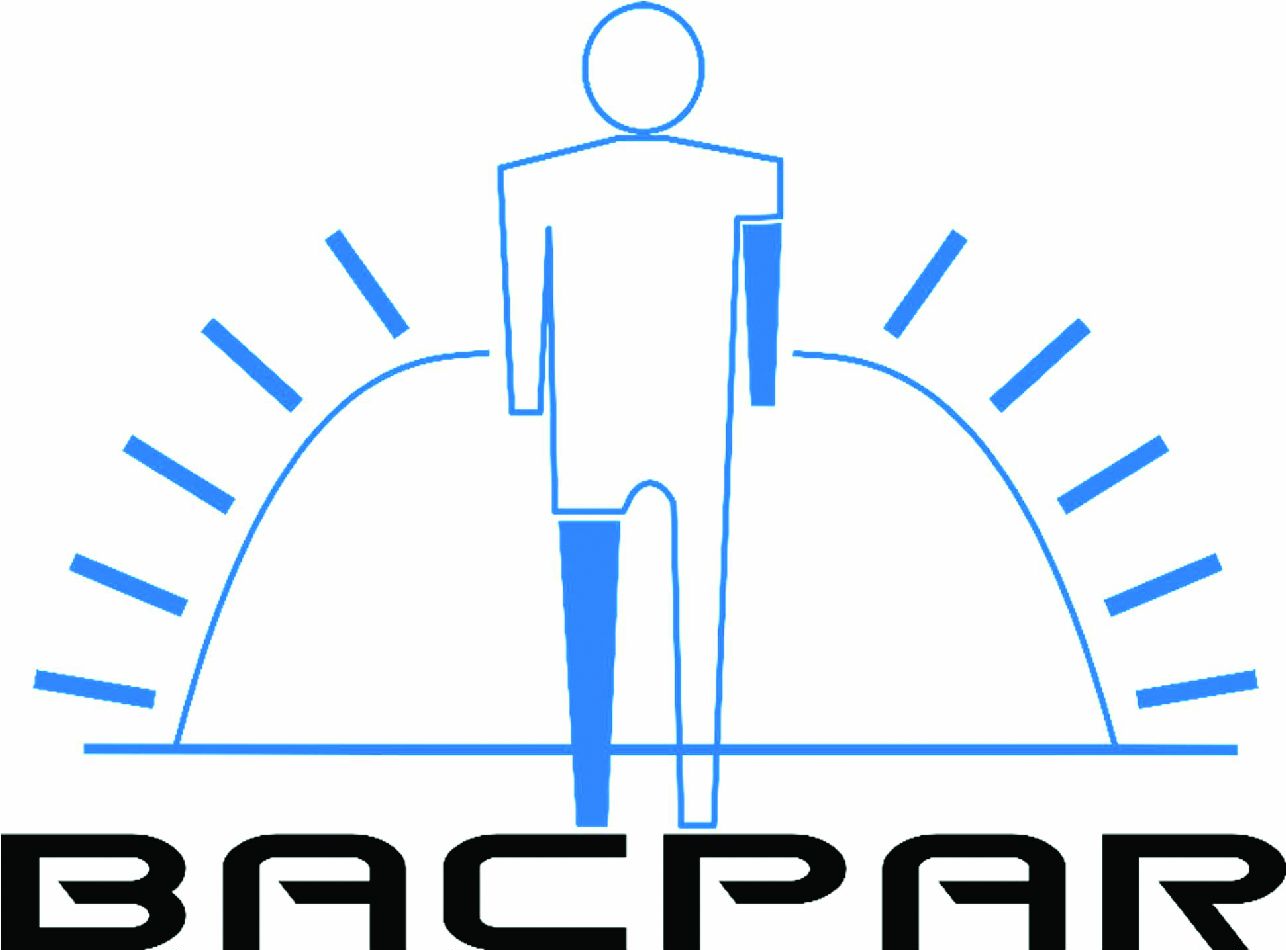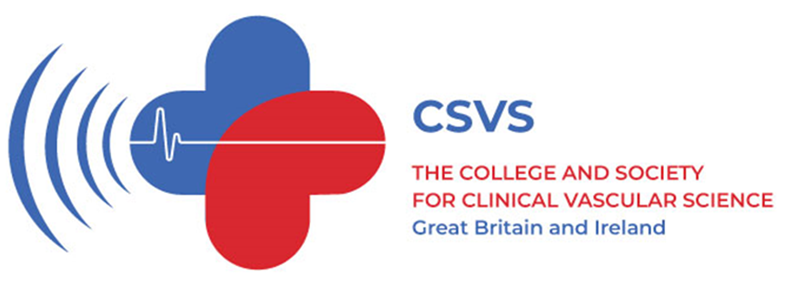Articles
Traumatic thigh AV fistula leading to aneurysmal changes in aorta and iliac arteries
Abstract Penetrating traumatic arteriovenous fistulas (AVFs) have the tendency to be clinically silent for many years and could be misdiagnosed as deep venous thrombosis (DVT) on initial presentation. A 52-year-old male underwent a duplex scan to evaluate swelling of the limb, which detected an AVF in the thigh. He was stabbed in the lateral aspect…
Read MoreEndovascular aneurysm repair using the Gore Excluder Conformable Abdominal Aortic Aneurysm Endoprosthesis with active control system in octogenarians with highly angulated aneurysm neck: a UK single-centre experience
Introduction In March 2020 the National Institute for Health and Care Excellence (NICE) guidelines recommended open repair as the primary treatment option for unruptured abdominal aortic aneurysms (AAAs), while suggesting endovascular aneurysm repair (EVAR) as a viable alternative for individuals with a high anaesthetic risk. Octogenarians constitute a subset of the high-risk population. They exhibit…
Read MoreForeword
Welcome to the 2 year anniversary edition of the Journal of Vascular Societies Great Britain and Ireland (JVSGBI). I am happy to say that the number and quality of articles has increased steadily with each edition. In this edition we have 3 editorials addressing highly important aspects of vascular surgery, namely facilitating the switch to…
Read MoreThe clinical effectiveness of waxing or epilation compared with other methods of hair removal in reducing the incidence of surgical site infections: a protocol for a systematic review
Background Hair has traditionally been removed from surgical sites preoperatively, but there is gathering evidence that some methods of hair removal can increase the risk of surgical site infections (SSIs).1,2 The most recent Cochrane review (2021) found that, while hair removal using clippers or depilatory cream does not significantly increase the risk of SSIs, razors…
Read More










